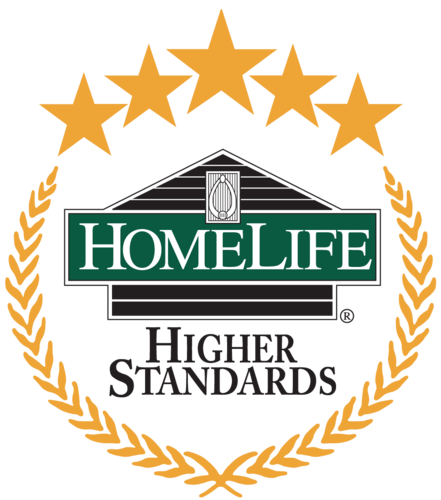Before the offers start rolling in, you should prepare for the massive amounts of money that will pass through your hands.
Still have a way to go paying off your mortgage? Here are some things to consider.
“Discharging” your mortgage
Many people use the proceeds from the sale of their home to “discharge” or pay off their mortgage. If you have what is known as an “open” mortgage, you can pay it all off without any penalties. If you have a “closed” mortgage, be prepared to pay a penalty. The penalty amount will depend on a number of factors, including how much time is left on the term of the mortgage.
If you’re buying a new home, is your mortgage “portable”?
A “portable” mortgage means you can take your mortgage money with you and buy a new home, without penalty. This can be a real bonus if the interest rate on your mortgage is lower than existing rates! If your new home is more expensive, and requires more mortgage, you’ll have to borrow the extra money at the current market rate.
Maybe the buyer is “assuming” your mortgage
Your mortgage may have a feature that allows the new buyer to take over your mortgage. If the interest rate is lower than existing rates, this can be a very enticing selling feature for your home.
Become a mortgage lender yourself?
If your buyer is having trouble arranging all the money to buy your property, you may consider lending directly to them. This is called a “Vendor Take Back” mortgage, and it’s often used by sellers to help move a property in a slower market. This is an incredibly complicated financial dealing, and you must talk with Danielle, financial advisor and lawyer before choosing this route.
If you find your new dream home before you’ve started to sell your old one
Talk to your existing mortgage lender. You may be able to arrange “Bridge Financing”. This is when your lender (the bank) is confident your existing home will sell quickly, and they agree to lend you the down payment for your new dream home.
A few more things to keep in mind
- Capital gains tax
If the home was your primary residence, you will not have to pay taxes on any capital gain (the increase in the value of your home). If you had tenants living in part of your home, such as the basement, you will pay capital gains tax on a portion of your profits. You may also owe capital gains tax if you’re selling a vacation or investment property. Talk with an accountant to find out what you’ll have to pay.
- GST for professional services
Your lawyer / notary and Danielle are providing services that are subject to GST/HST.

